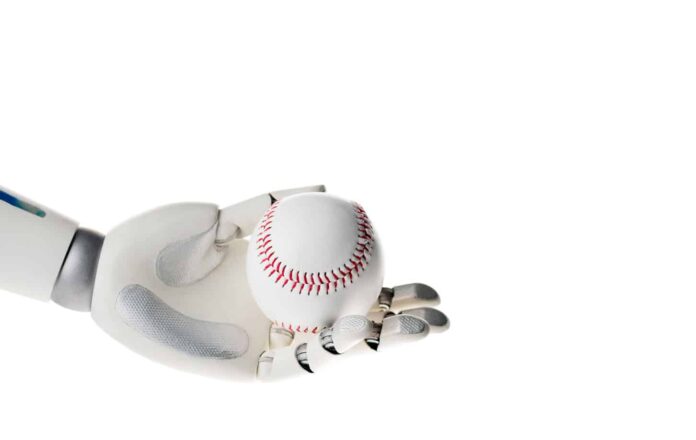Baseball is one of the most popular team sports in the U.S. and has considerable global popularity as well. In baseball, coaches, scouts, front office personnel, and players themselves rely heavily on quantitative analytics, which has transformed the world of sports over the last decade.
To this end, teams leverage complex statistical models generated from increasingly abundant baseball data. Yet, the scope of baseball analytics has been limited primarily to statistical and machine-learning approaches rather than game-theoretic reasoning.
Now, a research team at the McKelvey School of Engineering at Washington University in St. Louis has proposed a computational game-theoretic approach that can boost the effectiveness of average and below-average major league pitchers.
The team used deep neural network learning techniques to learn how to predict the outcomes of pitches whenever a batter swings. They then modeled a baseball at-bat, which is a matchup between a pitcher and a batter, as a stochastic game. In modeling an at-bat, researchers assume that the goal of the batter is solely to get on base, while the pitcher aims to get the batter out.
Using 2015-2018 Kaggle data for Major League Baseball, researchers determined an approach to each at-bat that actually helped improve the efficacy of average and below-average pitchers.
This study uncovered a number of key findings that demonstrate the potential of AI in baseball. One of the findings was the development of a dynamic game-theoretic model that takes into account a pitcher’s repertoire and control and a batter’s patience, or tendency to swing at pitches outside the strike zone, to generate an optimal pitching sequence strategy for each at-bat.
By integrating comprehensive player and game data, including historical performance and pitch tracking, the team was able to create a framework capable of generating personalized pitching strategies for individual pitchers against specific batters.
Researchers evaluated the effectiveness of the optimized pitching strategies by comparing them with observed pitching efficacy in the data. The result showed a significant reduction in batter on-base percentage, particularly for lower-ranked pitchers.
According to researchers, the proposed approach is particularly beneficial for average and below-average pitchers. Results suggest that AI can enable less experienced or skilled pitchers to enhance their performance through optimized pitch sequencing.
Journal reference:
- The paper titled ‘Computing an Optimal Pitching Strategy in a Baseball At-Bat’ was presented at the Florida AI Research Society (FLAIRS) conference.
